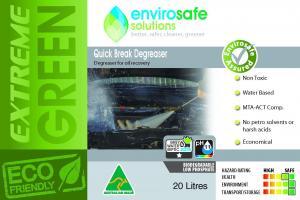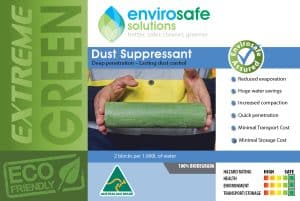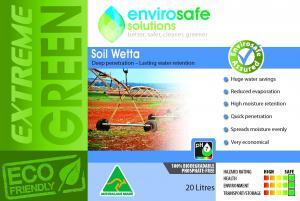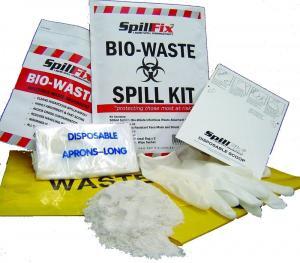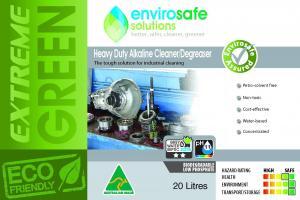The demand for more sustainable energy has led to the release of hybrid cars and low emission vehicles. Yet new research into biofuel production promises a more widespread solution to our reliance on finite fossil fuel resources. As the world churns through its crude oil resources, questions of fuel security and sustainability become more pressing. Research by Australia’s CSIRO is looking to the future of extreme green fuels.
An $8.3 million project has been launched to develop new biofuels that could potentially provide up to 30 percent of Australia’s future transport needs.
The CSIRO Energy Transformed Cluster on Biofuels was launched in Canberra in March 2011. Its aims include developing new, economically viable processes for producing fuels from plant and algal matter.
It has the potential to further propel an emerging green revolution in the transport sector, which produces the third highest greenhouse gas emissions in Australia behind stationary electricity production and agriculture.
As the transport industry struggles with increasing fuel costs and scrutiny over its environmental footprint, demand for new technologies are expanding beyond existing fuel conditioners and treatments. These include the emission-reducing Extreme Green Diesel Bug Killer (one of the environmental cleaning products available from leading Australian eco product supplier Envirosafe Solutions).
The way forward
CSIRO Energy Transformed Flagship director Dr Alex Wonhas said not only would sustainable biofuels reduce transport emissions and secure future energy supplies, they would also create new industries.
“Second-generation biofuels that are produced from agricultural waste could potentially be a cost competitive, low-carbon fuel that will keep our cars on the road and planes in the sky. As oil supplies decline and petrol prices soar, alternatives such as biofuels could become economically very attractive.”
CSIRO modelling has found that while hybrid vehicles have become available fully electric vehicles remain a distant possibility, meaning the world will continue to rely on liquid or gas fuels for the next 10 to 40 years.
Australia’s declining oil reserves and high fuel consumption means its sectors are vulnerable to rising petrol and diesel prices.
Producing biofuel
Research into second generation biofuels has been concentrated on the following energy sources:
- Biomass, which is derived from plant material including forestry, newspaper and agricultural waste. A sustainable ethanol can be produced from lignocelluloses, a biomass derived from sugar cane or sawmill by-products;
- Algae, which offers potential to produce biodiesel more cost-effectively and with less greenhouse gas emissions than fossil based fuel.
Research into cost-effective, extreme green sustainable biofuels offers exciting possibilities. These include the potential to reduce the environmental footprint of the road transport and aviation sector, while producing fuel security amid heavy consumption of finite fossil fuel supplies. Cost-effective production remains a key focus.
Supporting this green revolution emerging within the transport and aviation sectors has been a priority for Envirosafe Solutions. Its range of eco-friendly liquid products not only offers less toxic cleaning and maintenance solutions for these industries, they also include fuel conditioners and treatments which produce cleaner emissions. For more information Diesel Bug Killer and other eco-friendly industrial liquids tailored phone 1300 88 90 70 or email info@evss.com.au.
Sources:
http://www.csiro.au/news/Biofuels-researchers-to-turn-waste-into-wealth.html











